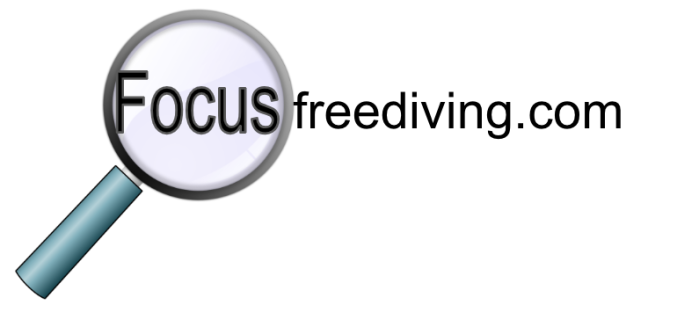
Available AIDA Courses
AIDA1Introduction to Freediving (Learn about freediving, almost anyone can do this course!)
1/2 Day $175 per person
Prerequisites:
Be 18 years of age or older (16 or 17 years old with parent or guardian consent)
Be able to swim at least 100m non-stop
Requirements: none
Minimum water sessions: 1
This course offers a basic knowledge of freediving and introductory skills such as relaxation of body and mind, finning techniques, duck dives and equalisation.
AIDA 2 Freediver (Solid intro for ocean comfortable enthusiasts!)
2.5 Days $495 per person
Prerequisites:
Be 18 years of age or older (16 or 17 years old with parent or guardian consent)
Can swim at least 200m non-stop without fins or at least 300m non-stop with mask, fins and snorkel
Requirements: 2 minutes STA; 40 meters DYN, 12 meters CWT, theoretical exam
Minimum water sessions: 5
The static and dynamic sessions in confined water are used to teach relaxation, breathing, finning and safety techniques. In the open water sessions students will apply the skills they have learned in the pool / confined water sessions and combine them with the basic skills of open water freediving such as equalizing, duck diving, vertical swimming, body positioning, turns and use of buoyancy.
The freediving theory will include: Introduction to Freediving, Freediving Breathing Cycle, Basic Physiology of Freediving, Equalization, Freediving Techniques, Safety in Freediving, Equipment in Freediving, Freediving Disciplines.
AIDA 3 Advanced Freediver (Deep dive farther into freediving!)
4 Days $650 per person
Prerequisites:
Be 18 years of age or older (16 or 17 years old with parent or guardian consent)
Can swim at least 200m non-stop without fins or at least 300m non-stop with mask, fins and snorkel
Have completed the AIDA2 course or have completed the AIDA2 Crossover Evaluation if crossing over from another freediving agency
Requirements: 2:45 minutes STA; 55 meters DYN, 24 meters CWT, theoretical exam
Minimum water sessions: 6
The course is designed to further develop skills from previous levels, to acquire new skills and gain a higher knowledge of safety procedures and techniques. The new techniques that are introduced are free-fall, Frenzel Equalizing, the use of training tables, the risks of increasing and decreasing pressure and also how to minimize these risks. Students will train these skills in the most common disciplines of freediving: Static Apnoea, Dynamic Apnoea, Free Immersion and Constant Weight.
The theory will include: Physiology, Equalization, Barotrauma, Lungs at Depth, Buoyancy, Shallow Water Blackout, Training Concepts, The Mammalian Dive Response, Decompression Sickness , Surface Intervals and the Freediver's Code of Conduct.
